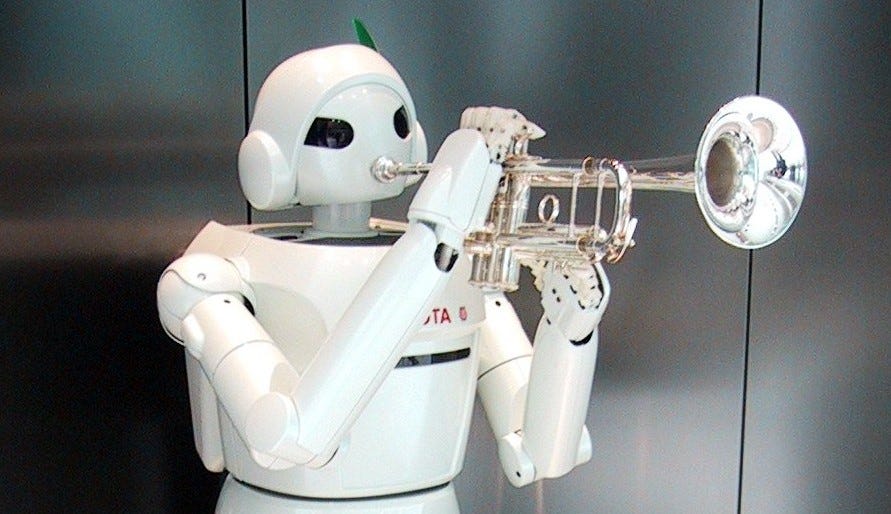Artificial Intelligence is a subject that sparks the imagination — and splits opinion. Proponents point to the problem-solving potential of machine learning, and AI’s ability to make many laborious and time-consuming tasks a thing of the past. Others worry about the effect it may have on everything from the labour market to the existential survival of the human race. One thing everyone can agree on is that whether good or bad, the effects of AI will be wide, deep and probably irreversible.
The music industry has been subject to the same debate for some time. Some see AI as an exciting new tool that will make business simpler and more secure, as well as opening up hitherto unimagined creative possibilities. Others fear it could kill the careers of musicians, composers, and many of the small businesses that make up the ecosystem of the music industry. Again, where this venn diagram of opinion meets is that change is inevitable.
In this report we have looked at where that change is likely to manifest (or is already having an impact), in order to try and plot a pathway through territory that remains largely uncharted. In doing so we will bear in mind what Drew Silverstein, CEO of Amper Music, told Music Ally last year, “If I were a larger business focused on content creation — musical or non-musical — I would have at the top of my priority list ‘How do we engage with AI music?’ You can partner, build, buy or do nothing. But the worst thing you can do is to do nothing.”
Music composition
The effect of AI on the creation of music is probably the most frequently misunderstood topic that we’ll be looking at. The biggest sceptics of machine-generated music paint a bleak picture of songs created to order by robots, devoid of human input or emotion. However, the current landscape is very different.
#machine-learning #artificial-intelligence #music #music-business #future
